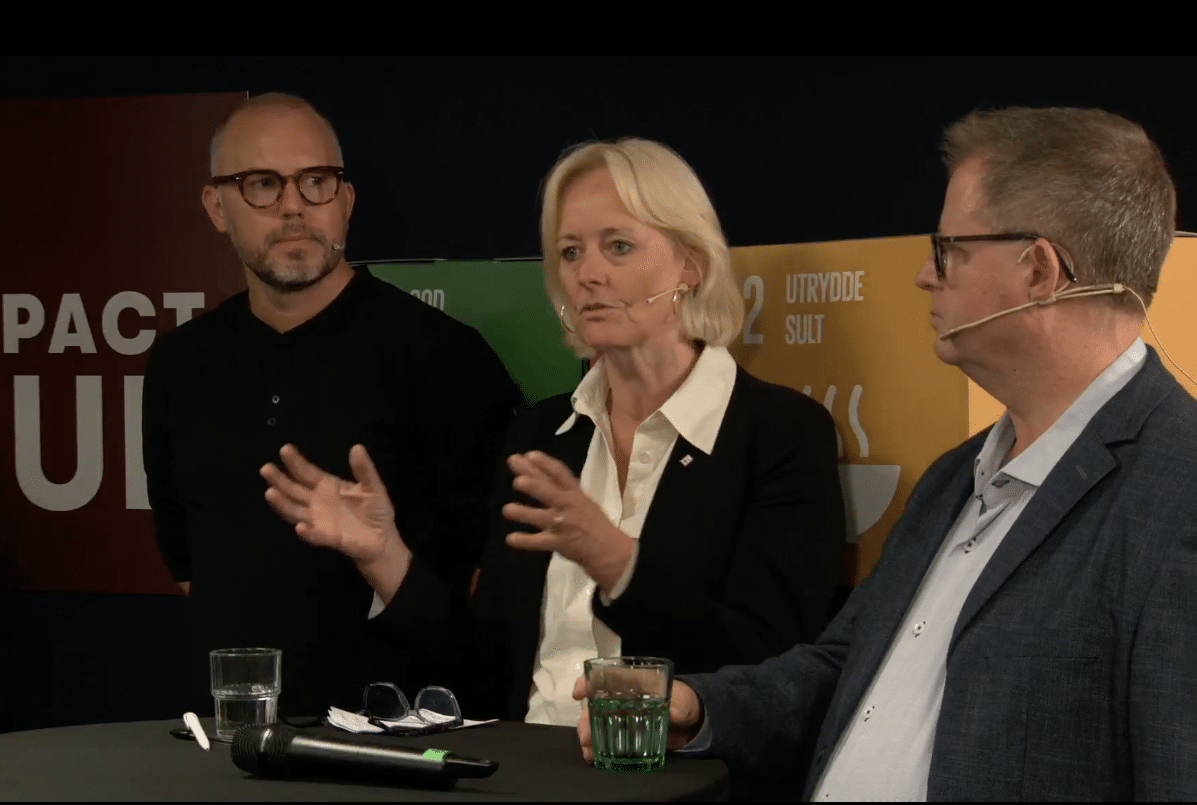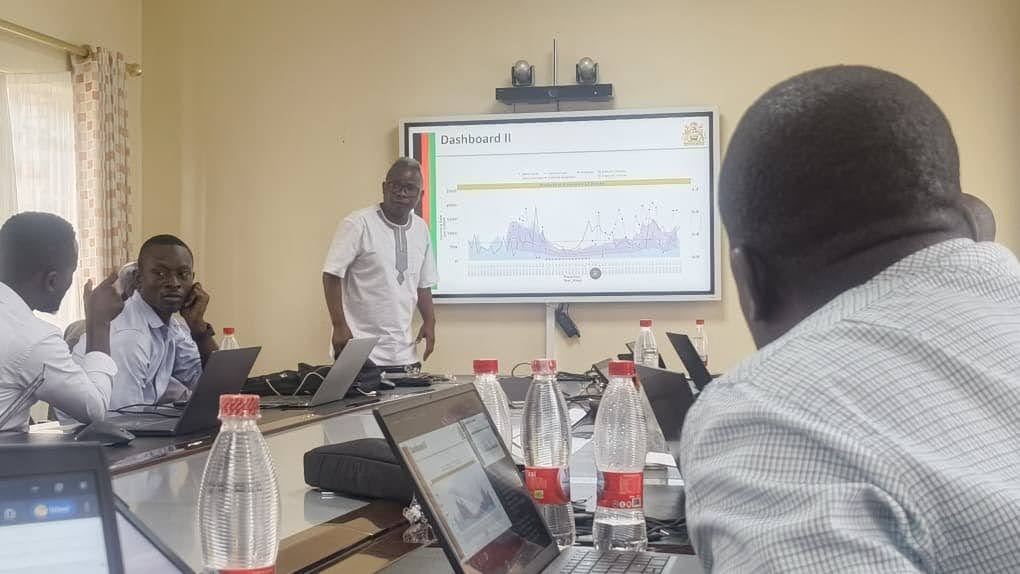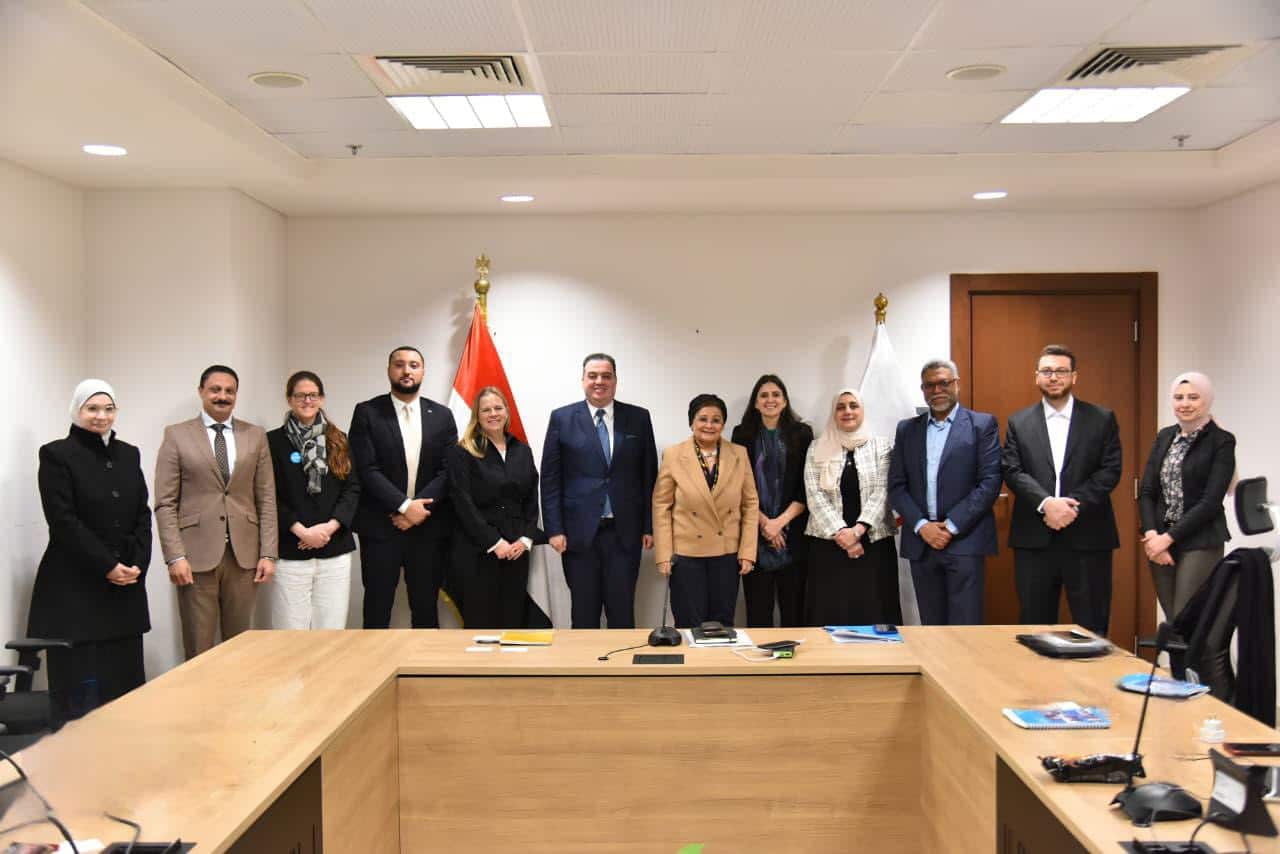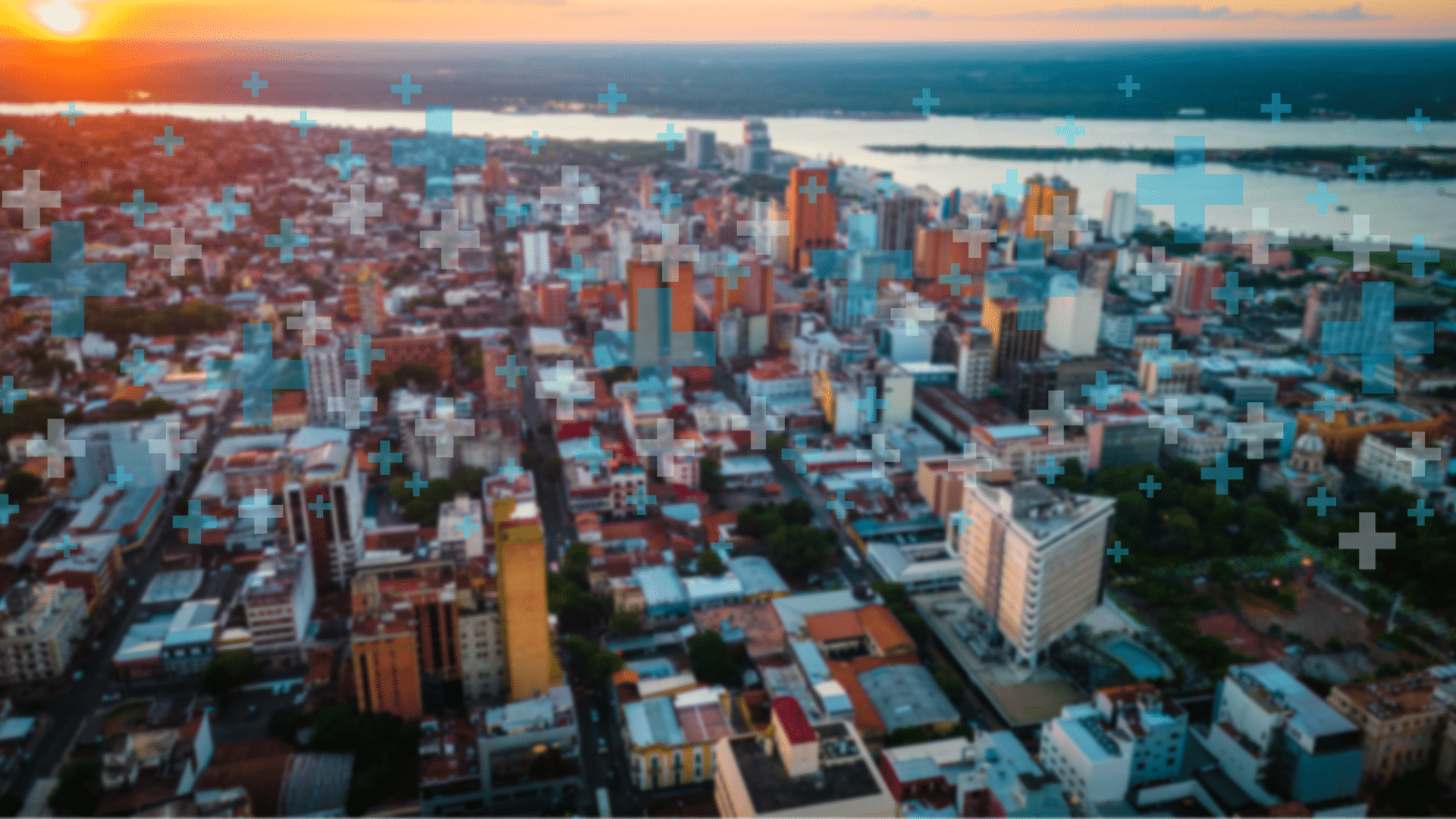The DHIS2 Annual Conference takes place from 15-18 June 2026! Learn more

DHIS2 News: DHIS2 Touted by Norwegian Leaders During Annual “Arendal Week” Event
During a discussion at Arendalsuka on “Technology for Development,” DHIS2 was highlighted as a success story improving health programs in low-income countries.
Arendal Week (Arendalsuka) is an annual gathering each summer in Arendal, Norway, of Nordic organizations, political leaders, businesses, and members of the public, to discuss significant societal issues. This year’s event featured a discussion, hosted by the Norwegian Afghanistan Committee on Aug. 15, about how investments in digitalization and technology can support development in the world’s poorest countries.
Bård Vegar Solhjell, the Director General of the Norwegian Agency for Development Cooperation (Norad), explained the benefits of DHIS2 as an open-source Digital Public Good that facilitates local innovation and rapid sharing of solutions across countries, and how this helped Sri Lanka and almost 60 other countries respond to the Covid-19 pandemic. Open-source technologies “can be easily—and at a lower cost—be reused and adapted,” he said, making it possible for countries to deploy them quickly. Since Sri Lanka had already been using DHIS2 prior to the pandemic, “they used it to make a module for Covid cases, and in the course of a month there were tens of other countries that could roll out this system,” he said. “This would have been inconceivable if it wasn’t open and already in use. That’s the potential in technology.”
Anne Bergh, Secretary General of the Norwegian Red Cross, described how the Red Cross/Red Crescent work with local health authorities using DHIS2 to collect and analyze health data in Afghanistan to understand key factors behind the country’s low life expectancy and help plan targeted health programs. According to Bergh, the Red Crescent supports more than 150 health facilities in Afghanistan, using DHIS2 to collect and monitor health activities and outcomes, and use this information to help guide their interventions. “Part of what is important in health work, not least in Afghanistan, is having good health data,” she said. “This can make a significant difference for preventative health, and help us see how we can be as targeted as possible with our activities in Afghanistan,” she said, adding that the use of DHIS2 and access to timely health data both “responds to an immediate need” and helps strengthen the health system over the long term, helping it to be “resilient in the face of climate change and other crises to come.”
The HISP Centre at the University of Oslo appreciates the support for this important work, which is made possible through long-term collaboration with Norad and other partners.
Watch a video recording of part of this discussion on the DHIS2 Facebook page.


